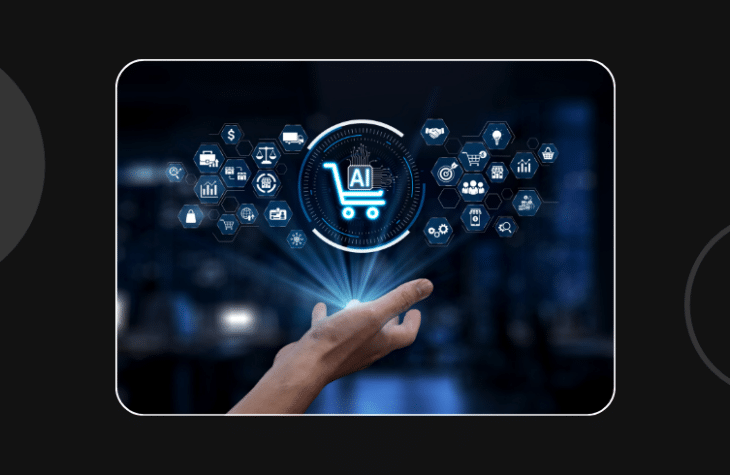More Than Just Buzz: What ChatGPT “Instant Checkout” Represents

For those of us keeping track, this may be the quietest industry disruption in history. The launch of ChatGPT Instant Checkout today marks a major milestone in the agentic commerce arms race.
My message to brands and retailers is simple: if you’re not taking this seriously yet, read carefully.
Since the last World Cup: a timeline of acceleration
Since Argentina was crowned World Cup champions in Qatar, the pace of AI-driven commerce has been staggering:
- November 2022: The first public version of ChatGPT (v3.5) is released.
- Within 5 days: ChatGPT reaches 1 million users. (OpenAI / multiple reports)
- Within 11 months: ChatGPT surpasses 100 million weekly active users. (Reuters)
- An arms race kicks off: OpenAI, Google, Microsoft, Anthropic, Perplexity — all investing billions in competing LLMs and agentic search platforms.
- 10 months ago: Perplexity launches Buy With Pro — the first agentic shopping experience, setting the bar for agentic commerce.
- 5 months ago: Amazon introduces Buy For Me — its attempt at maintaining a walled-garden agentic shopping flow.
- 3 months ago: Perplexity unveils Comet, an agentic browser designed to automate tasks like booking travel, managing orders, and product discovery.
- 2 weeks ago: Google announces the open-source Agent Payment Protocol (AP2), in collaboration with 60 partners, teeing up native checkout inside Gemini/AI Mode.
- Today: OpenAI launches ChatGPT Instant Checkout across Free, Plus, and Pro tiers in the US. Powered by the Agentic Commerce Protocol (ACP), it enables direct purchases inside ChatGPT via Stripe — starting with Etsy sellers and over 1M Shopify merchants.
Putting the pace of change in perspective
It took thirteen years for mobile browsing to reach parity with desktop in e-commerce. By contrast, in just three years since AI search entered the mainstream, we are already witnessing a dramatic shift in consumer behavior.
Surveys suggest that roughly one-third of US adults now use personal AI agents regularly for product discovery and brand interaction (eMarketer). About one-quarter feel comfortable allowing it to make purchases on their behalf (Bain & Company). Another study found that one in three respondents would permit AI to handle purchases directly, showing growing openness to delegation (TechRadar).
Search behavior underscores the same trend. Bain & Company reports that eighty percent of consumers now rely on AI-written summaries for at least forty percent of their queries, and nearly sixty percent of searches end without a click to a website (Bain & Company). In other words, consumers are already beginning to delegate significant parts of the discovery and decision-making process to AI.
We’re only starting to accelerate
Moore’s Law, articulated by Intel co-founder Gordon Moore in 1965, predicted that the computing power of microchips would double every ~24 months.
AI, by contrast, has blown past this cadence. Since 2010, the computation used to train leading AI models has doubled roughly every 6 months. (Our World in Data)
Look three years ahead, and AI computing is projected to be 64 times more powerful than it is today. The implications for agentic commerce, from reasoning capabilities to personalization to logistics automation, are extraordinary.
What this means for brands and retailers
The takeaway is clear: agentic commerce is here.
- Brands and retailers who prepare their product and supply chain data for agentic interfaces will compete — and win.
- Those who don’t will be pushing a rock uphill, trying to catch up in a world where agents mediate most consumer interactions.
It’s no longer about optimizing for clicks or impressions. It’s about becoming agent-ready: structured data, clean APIs, reliable fulfillment, and trust signals that AI systems can understand and prioritize.
Final word
It’s an exciting time to be building in retail technology. At fabric, our team is designing the Agentic Commerce Platform to give brands and retailers the tools they need to thrive in this new era. A key part of that is fabric’s Product Agent, built to enrich and automate product data to improve discoverability in AI search. The potential for growth is seemingly limitless. And the next three years will matter more than the last thirty.
Let’s go. 🚀

Director, Product Marketing @ fabric





